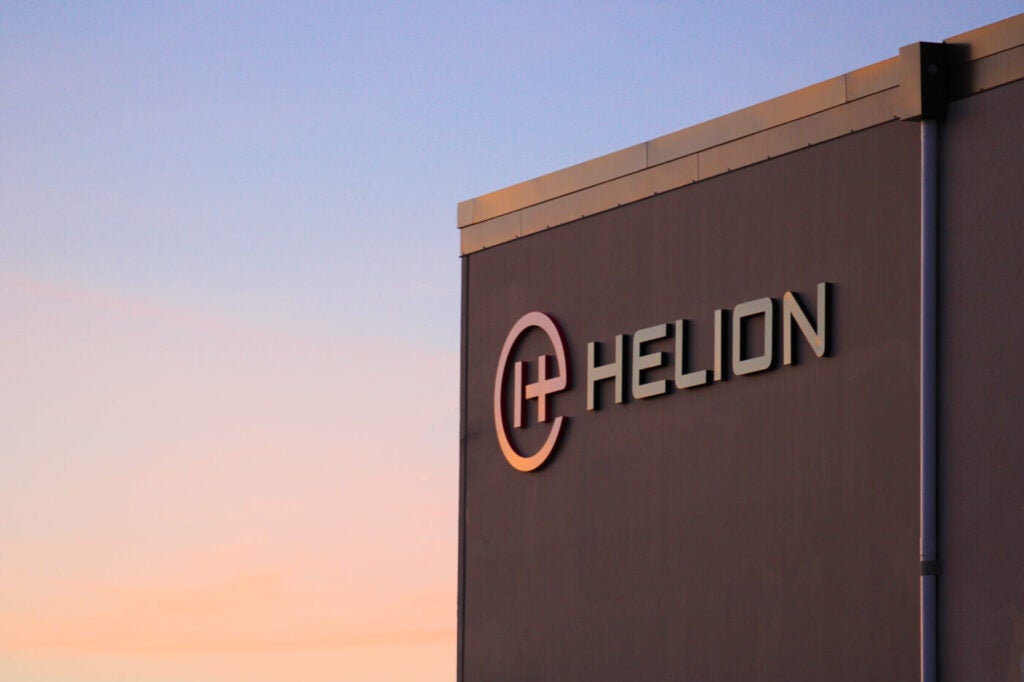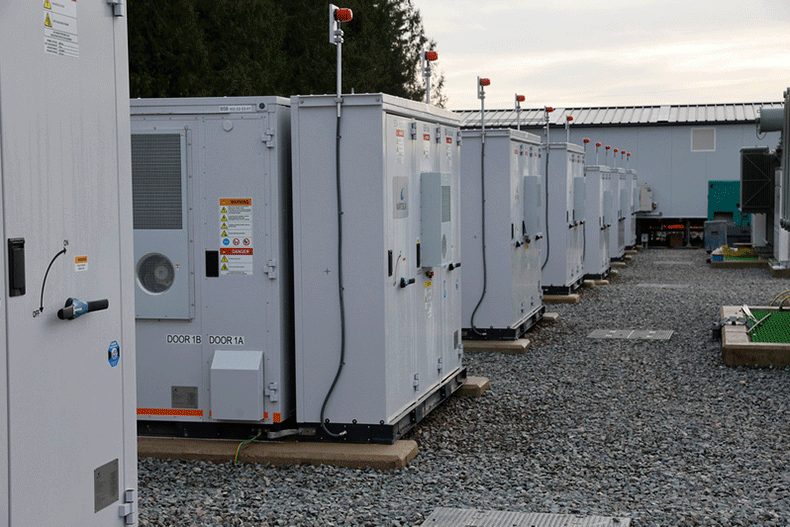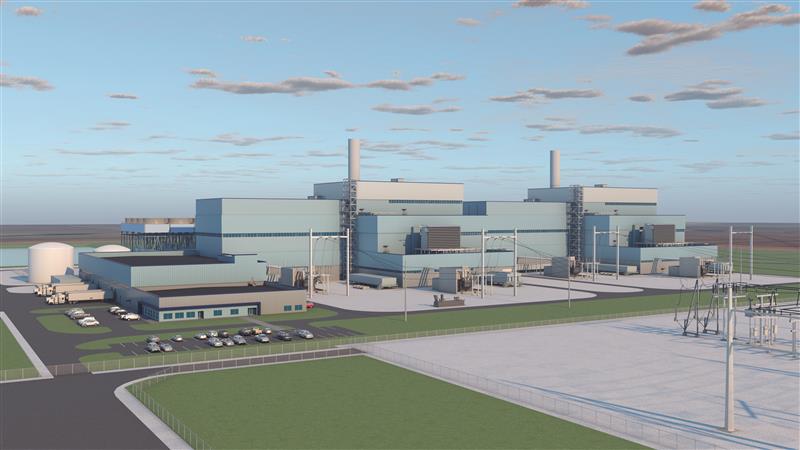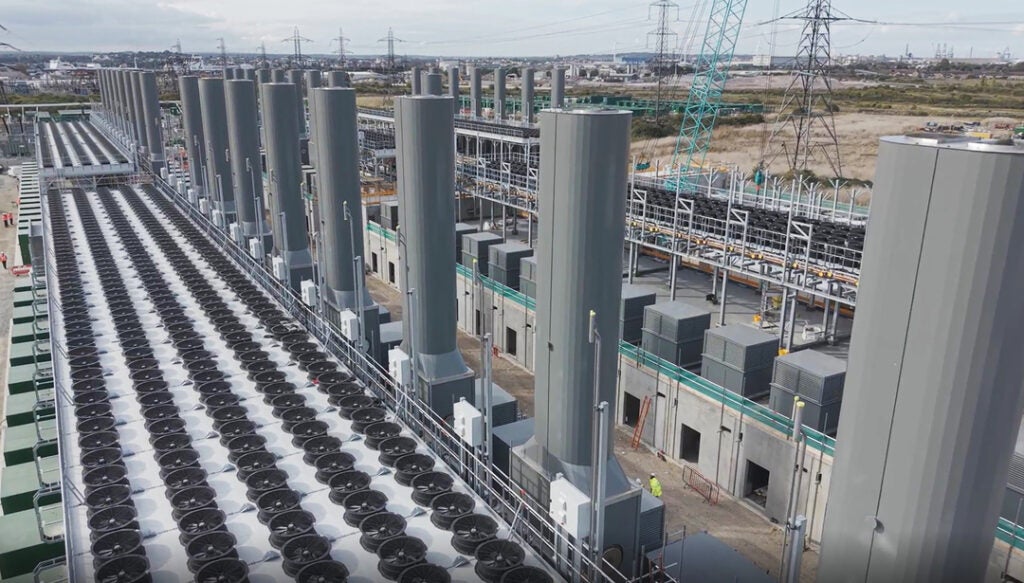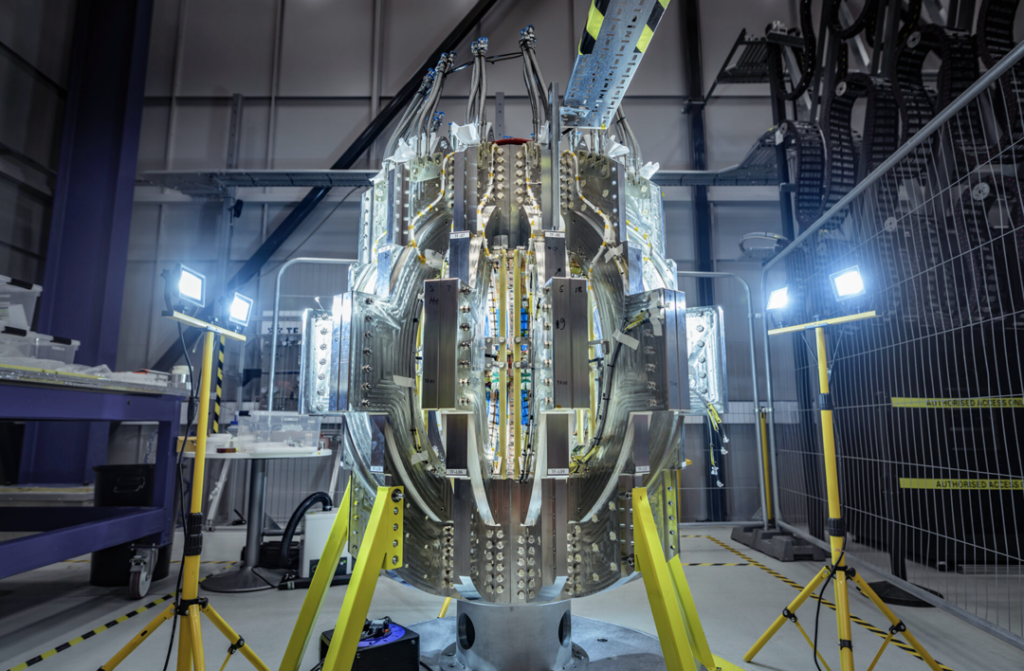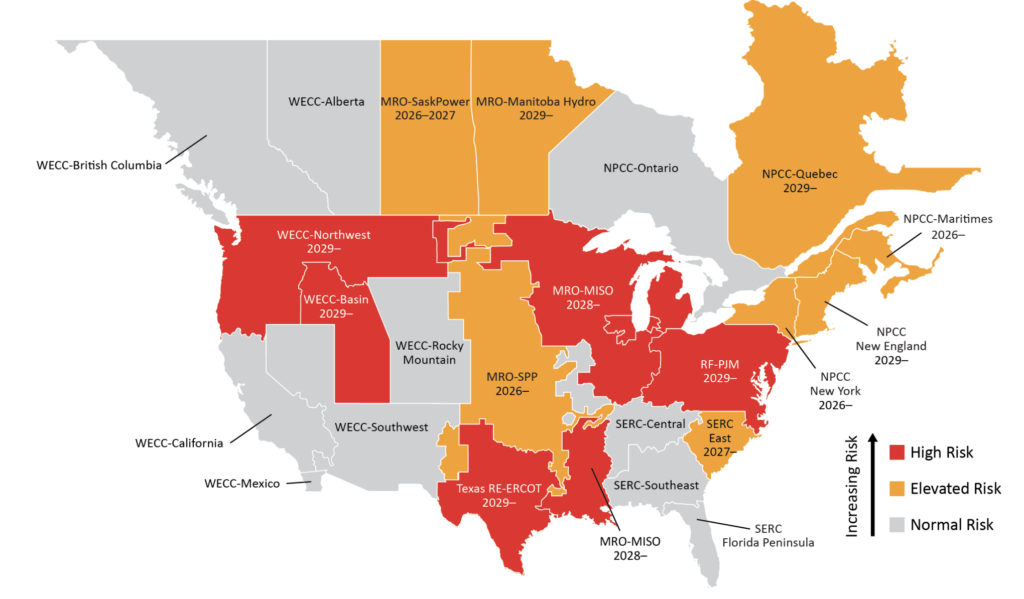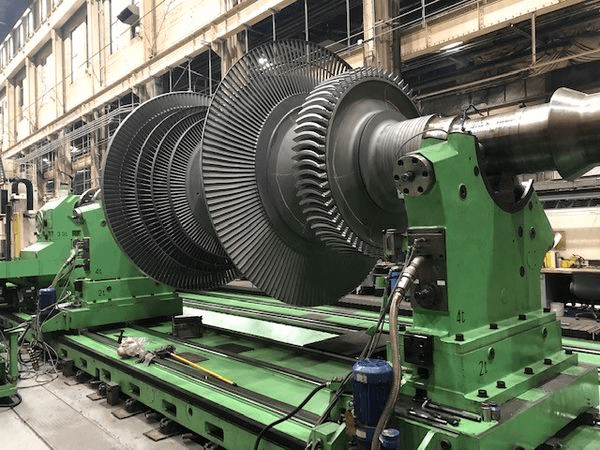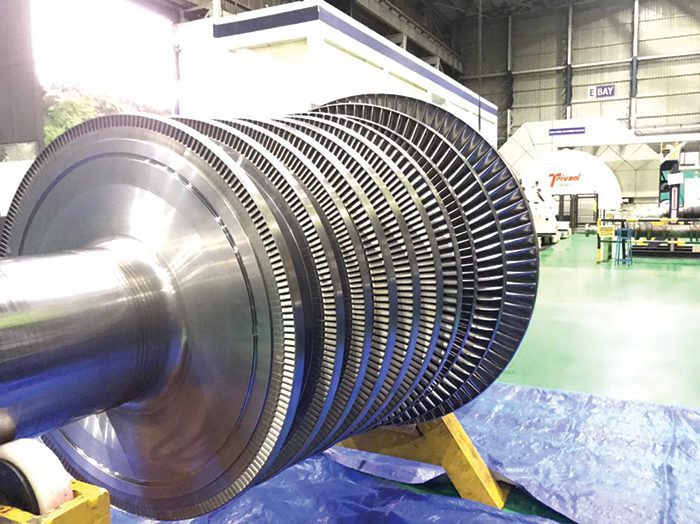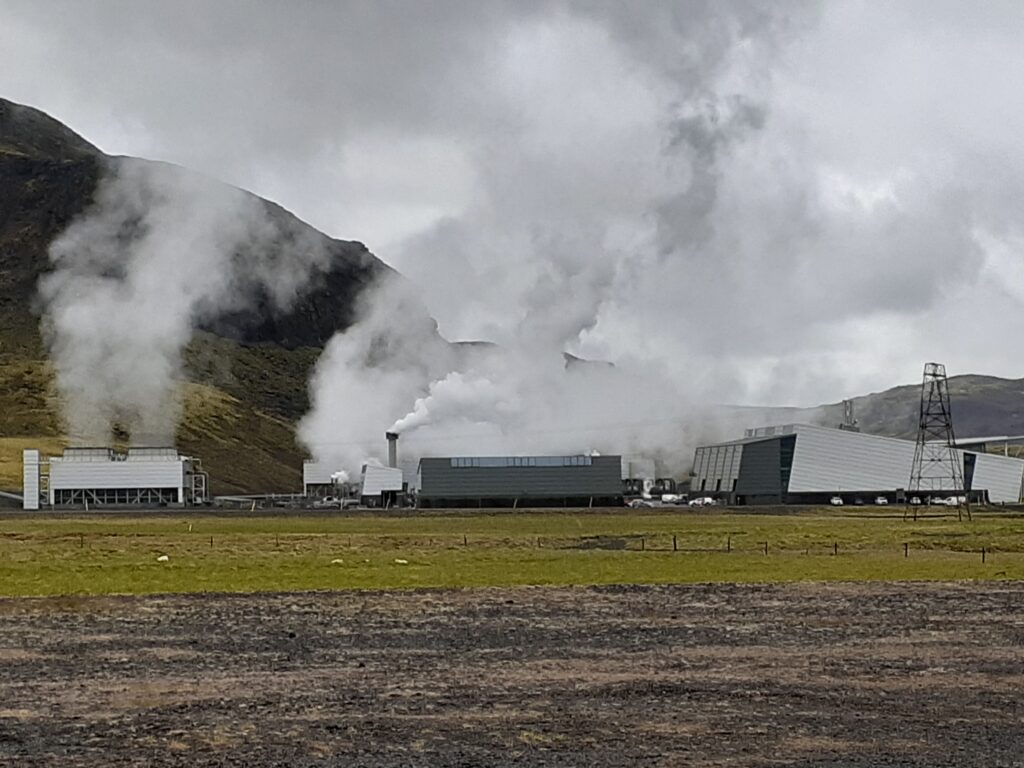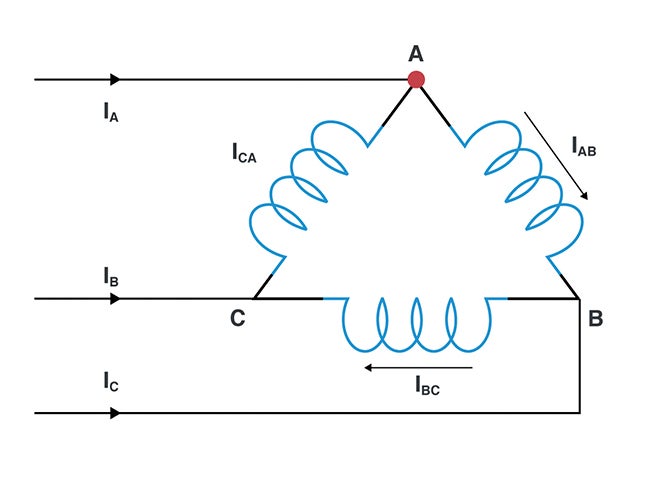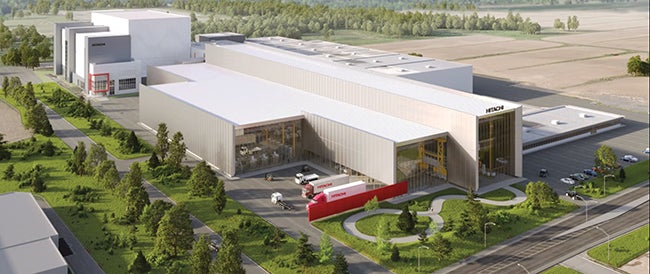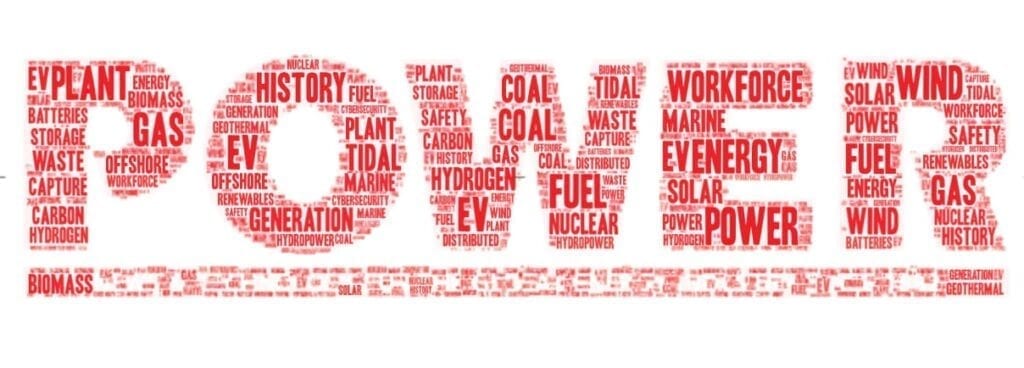Geothermal energy is the heat originating from beneath the Earth’s surface. It can be utilized for various purposes, such as electricity generation, heating, and cooling. Geothermal power plants harness this heat to produce electricity, with turbines playing a key role in converting thermal energy into mechanical energy, which is then transformed into electrical energy.
Geothermal turbines function similarly to conventional steam turbines, but instead of being powered by fossil fuels, they operate using geothermal steam. This steam is drawn from geothermal reservoirs deep underground, typically accessed through drilled wells. With temperatures reaching 150C (300F) or higher, the steam is directed at the turbine blades, causing them to spin. This rotation drives a generator, ultimately producing electricity.
The design and operation of the turbines depend on the specific type of geothermal plant. There are three primary types of geothermal power plants:
- Dry Steam Plants. These plants use steam directly from the Earth to drive the turbine.
- Flash Steam Plants. These plants take hot water from underground reservoirs and reduce the pressure to convert it into steam.
- Binary Cycle Plants. These plants transfer heat from geothermal hot water to another liquid that boils at a lower temperature than water, which then drives the turbine.
There are several advantages of geothermal turbines, which include:
- Sustainable and Renewable. Geothermal energy is one of the most sustainable energy sources available because the Earth’s heat is continuously replenished.
- Low Emissions. Geothermal power plants emit far fewer greenhouse gases than fossil fuel plants.
- Baseload Power. Unlike solar and wind, geothermal energy is available 24/7, providing constant electricity generation.
- Small Land Footprint. Geothermal plants require less land compared to other renewable energy sources like wind farms.
While geothermal energy offers a sustainable power source, its widespread adoption faces significant hurdles. The high initial capital costs associated with drilling and infrastructure make it a financially demanding investment. Additionally, its feasibility is constrained by geological limitations, as only certain regions possess the necessary underground conditions for effective energy extraction.
A Successful Remanufacturing Project
Triveni Turbines enhanced the performance and life of a 16-MW geothermal turbine in New Zealand. The client, a leading operator in the geothermal energy sector utilizing a turbine of American origin, faced ongoing challenges with erosion and corrosion, which significantly reduced the lifespan of the rotor material and adversely affected the performance of their 16-MW geothermal turbine. The client faced a triad of formidable issues:
- Frequent erosion in blade tenons.
- Cavity formation in high-pressure gland areas.
- Rotor material enhancement.
After carefully evaluating potential solutions and partners to overcome these challenges, the client strategically chose to collaborate with Triveni Turbines. This decision was influenced by Triveni Turbines’ extensive expertise in rotor remanufacturing and its strong capabilities as an original equipment manufacturer (OEM).
Among the solutions Triveni Turbines provided were an integral shroud design, enhanced rotor material, coating application, and precision shot peening. The benefits of the work included prolonged turbine lifespan, augmented reliability, heightened plant efficiency, and enhanced availability.
Triveni Turbines leveraged its extensive expertise in rotor remanufacturing and innovative design enhancements (Figure 1) to successfully overcome erosion, corrosion, and material challenges encountered by a valued client in the geothermal energy sector. This collaborative effort not only prolonged the turbine’s operational lifespan but also greatly improved the efficiency and reliability of the geothermal power plant, contributing significantly to the advancement of a sustainable energy future.
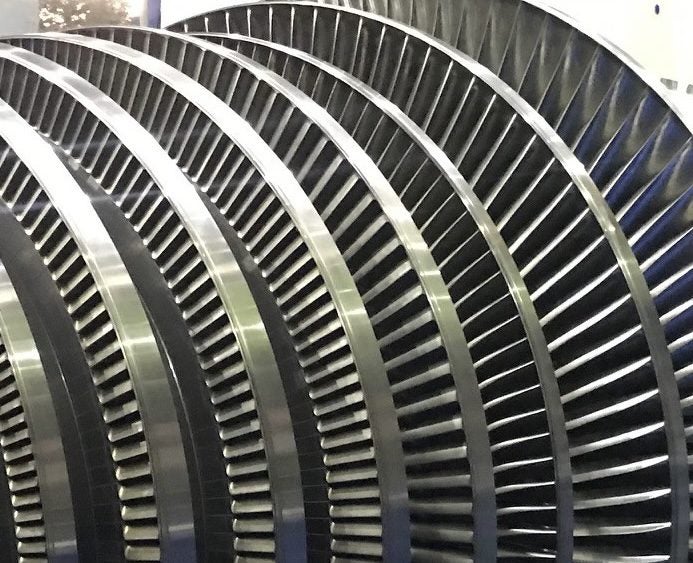
Sustainable Solutions
In the pursuit of a sustainable energy future, geothermal turbines serve as a vital source of reliable and eco-friendly power generation. Companies like Triveni Turbines play a crucial role in sustaining and enhancing the efficiency of these power plants. With deep industry expertise, Triveni Turbines excels in providing high-quality turbine spare parts, precision rotor replacements, and comprehensive maintenance solutions, ensuring long-term performance and reliability in geothermal energy production.
Triveni Turbines specializes in supplying new geothermal steam turbines with power ratings from 1 MW to 60 MW, including Organic Rankine Cycle (ORC) turbines, which are especially advantageous for low-temperature geothermal resources. With expertise in turbine design, maintenance, and the supply of critical spare parts, Triveni Turbines have enabled power plants worldwide to reduce downtime and extend their operational lifespan. Through ongoing support and technological innovation, Triveni Turbines continues to be a key player in the geothermal energy sector, supporting both new installations and the efficient operation of existing geothermal power plants.
By investing in Triveni Turbines’ advanced steam turbines and maintenance solutions, geothermal power plants can ensure long-term sustainability, boost energy production, and reduce operational costs, making significant contributions to the global shift toward renewable energy.
—S Narayana Prasad is CEO of Triveni Turbines.



